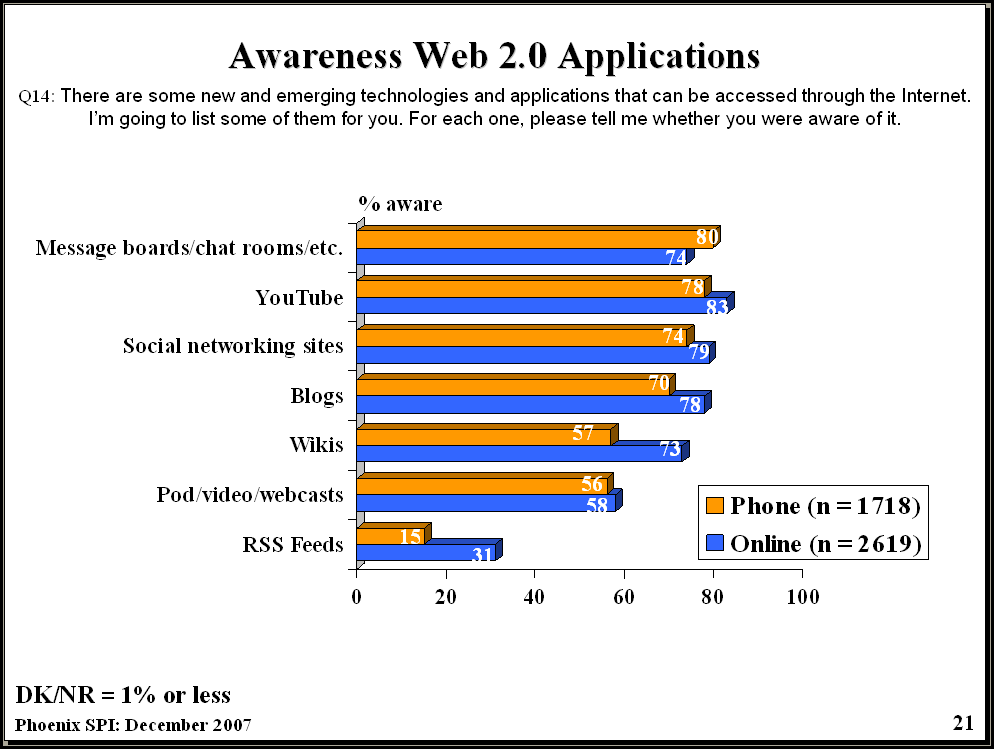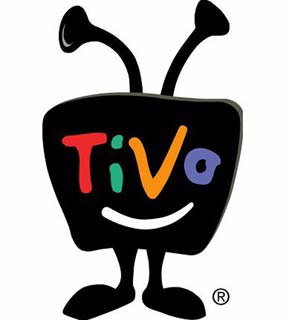RSS is Dead
That’s the recent proclamation from Steve Gillmor.
It’s time to get completely off RSS and switch to Twitter. RSS just doesn’t cut it anymore.
Twitter? You mean the platform that has no real grouping function, no trust algorithm, limited information storage and a massive repetition problem? Good luck with that.
RSS is Fuel

If you view the real time web as the ‘river’ of news, then RSS is the snow pack at the top of the mountain. A poor snow pack results in a drought. Without RSS the real time web would be a very different place.
RSS is the foundation of the real time web. RSS allows us to track, consume and share our passions. This is what makes the real time web work. Each person contributes a little bit of their universe to the whole. Give a little, take a little.
If the rate of how much people ‘gave’ declined you’d have less and less to take. Those not ‘giving’ at all are the parasites of the real time web.
RSS is Plumbing
The RSS debate is filled with many who claim RSS is nothing but plumbing. That it doesn’t matter if you think it’s dead or not because it’s built into so many features and products.
It’s this type of talk that has retarded the growth and adoption of RSS.
Of course RSS is plumbing but it is not just plumbing. You get to lay a lot more pipe if you can communicate how great the houses are going to look. It’s time to stop this counterproductive infighting. You can view more plumbing and drainage services here.
RSS is Alive (but not kicking)
The drumbeat of surveys and metrics around RSS adoption are all negative. Forrester reported consumer adoption of RSS was a low 11%. A December 2007 survey for the Canadian government also showed RSS as the least recognized Web 2.0 application.

I’m not the biggest Forrester fan, but they did show some insight in their executive summary.
If marketers expect to reach a critical mass of consumers by using content syndication, then they must take on the burden of education.
I’m not sure I’d call it education exactly. I think of it as translation marketing.
Nothing needs to be complicated. People by nature are simple. We like simple things. Confusion might be fun in a mystery movie or a game of Cluedo. But when it comes to businesses marketing to us, confusion just turns us off you and onto your competitors.
My reference to translation marketing is made possible by RSS. There’s no way I’d have this information available to me – right now – if I’d relied on other methods of information consumption.
RSS is TiVo

Yeah, I said it. RSS readers are like TiVo. I get the content I want and get to consume it on my own schedule. RSS subscriptions are simply TiVo Season Passes. As such, the content can be grouped by genre and date. Recommendations are based on my subscriptions and behavior.
Nearly every person I introduce to RSS falls in love with it after they use it and understand how much time it saves them. I admit, I was a late RSS adopter in the scheme of things. I didn’t fully grok RSS for a while and then … it clicked. It’s a familiar refrain for RSS users … and TiVo subscribers.
TiVo has done the hard work of training people on a new method of media consumption. RSS simply needs to piggy back on this effort.
RSS is Netflix
Another media consumption disruptor is Netflix. They too have done some of the heavy lifting in training consumers on this new paradigm.
You don’t need to go somewhere to obtain your movies. The movies come to you.
You don’t have to watch them in a specified time frame, you can keep them for as long as you like.
RSS Usability
A number of smart people have pointed to the fact that RSS still has usability issues. Current RSS readers aren’t the most intuitive products on the block. I won’t argue that point. Readers could be a lot better.
I support advances in RSS usability since it would make marketing RSS easier. Yet, even without usability improvements, marketing could turn the tide.
Better RSS marketing would mean more users which would lead to renewed interest in RSS usability advances. It’s a bit like the chicken and the egg debate.
RSS Expectations
Brand promise. Part of marketing is building the expectations for the product. A number of people feel guilt about unread RSS items.
RSS readers encourage you to oversubscribe to news. Every time you encounter an interesting new blog post, you’ve got an incentive to sign up to all the posts from that blog—after all, you don’t want to miss anything.
RSS is not about real time. It is the fuel for real time. RSS is about time shifting your content consumption.
Do you stress about having 5 episodes of 24 queued up ready to watch? I sure hope not.
And 20 unwatched episodes of a show may tell you you’re just not interested in that show. Use your unread counts as a way to prune your subscriptions. It’s a signal!
Usability may help some of these people but abuse of any product is going to lead to substandard results.
RSS Enemies
The definition of old media is going to change rapidly. Email, ad networks and – potentially – content publishers may seek to undermine RSS adoption. Some sites may rebel by not offering an RSS option should RSS really take off and visits and page views decline. The chance of this happening has been reduced with the advent of FeedSense – advertising units within feeds.
RSS marketing will encounter these enemies. They will not go quietly into that good night.
RSS Marketing
RSS needs proper marketing. All the technical babble needs to be translated into something consumers can relate to and recognize. Use ‘On Demand’ or ‘Season Pass’ or any other verbiage that better connects the dots for consumers.
Why doesn’t Google white label Google Reader? Wouldn’t that create an incentive for sites to convert them to a branded reader? So, no matter what feeds you were reading you had the brand in front of you at all times?
At the cross section of usability and marketing, why can’t I be prompted to subscribe to a blog when I’m bookmarking it to Delicious or giving it a Thumbs Up via StumbleUpon?
RSS is Dead

RSS is dead. Not the product but the brand. It’s time to let go of the acronym, stop squabbling and figure out how to translate and market this great functionality.
The Next Post: Did You Mean Matt Cutts?
The Previous Post: Why You Should Care About Cheating In Sports

4 trackbacks/pingbacks
Comments About The Problem with RSS is Marketing
// 1 comments so far.
JB Holston // May 22nd 2009
Good post. RSS RIP. Long live RSS. We’ve had wonderful continued growth as a company because RSS has become the foundational protocol for a wide range of apps — most notably in our case, enterprise social compuuting. RSS = the new EAI.
but who needs an acronym? We’re growing great guns and never worry amount about what people think of ‘rss’ …
Sorry, comments for this entry are closed at this time.
You can follow any responses to this entry via its RSS comments feed.